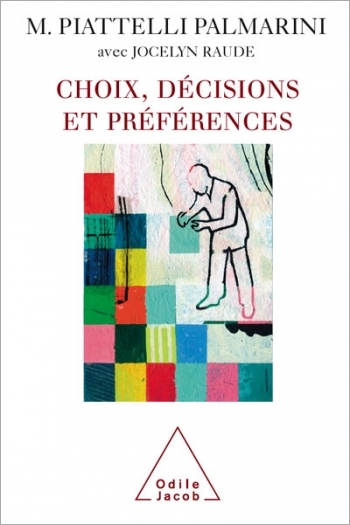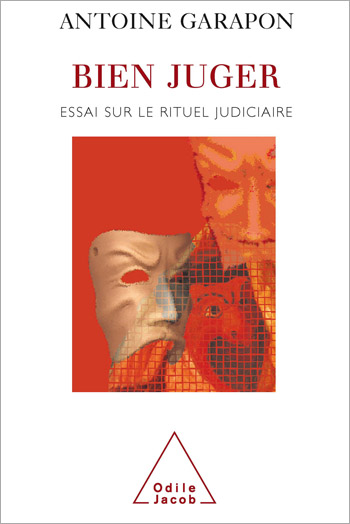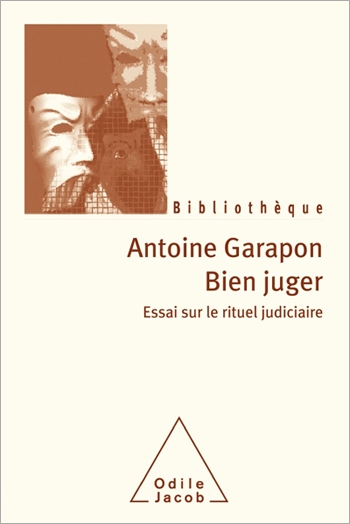Results for the keyword judgment
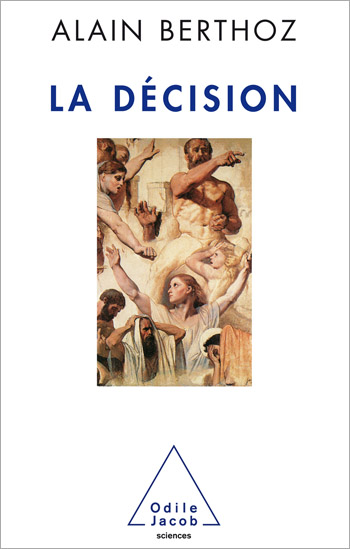
Alain Berthoz
The Decision
In this work, Alain Berthoz examines the psychology of decision-making, based on his conception of the human brain not as a calculator or compiler but as a simulator of action. Instead of considering the process of decision-making as a rational one, based on logical tools, he regards it as the fundamental property of the nervous system, its goal being to prepare, command and control actions and shows that to decide is to predict. Alain Berthoz teaches physiology of action and perception at the Collège de France.
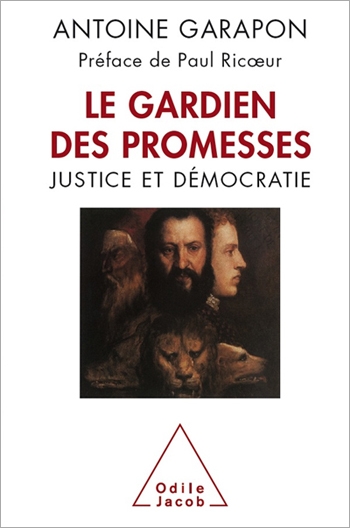
Antoine Garapon
The Guardian of Promises Justice and Democracy
The multiplying cases, the explosion of litigations, the sensational trials which catch the attention of the public : all are evidence of a growth in power of the judicial system, which we expect to be, at the same time, the arbiter of morals, the guarantee of public morality and responsible for the salvation of the people. But why dont we ask what things it cannot provide ? Isnt the idea of a judicial democracy just an illusion, which serves to hide serious problems ? The power of the judicial system is more worrying than exciting. It is an indicator of the discreditation of the State at the same time as a reduction in social cohesion. In the face of the fragility of democratic society, this book is a thorough reflection on the exercise of public power, affirming that the real role of the judge is not to take the place of the politic, but to diffuse the risk of democratic implosion by remaining the guardian of the promises at the very heart of republican laws. Antoine Garapon, a former judge and member of the editorial team of the journal Esprit, is the head of the Institute of Advanced Judicial Studies.

Antoine Garapon
Judging Well Essay on Judicial Ritual
Imagine for a moment that you assist at a trial for the first time. There is no doubt that you would be struck by the strange procedure which happens in front of you, the judicial discussions. It is true to say that before being a moral faculty, judging is firstly an event. According to the author, before there were laws, judges and courthouses, there was a ritual. This book aims to unveil all these facets, showing by example how the public gallery is there to culpabilise and inhibit the defendant, in order to make him submit to the judicial order. Can judges avoid staging trials in order to judge well ?
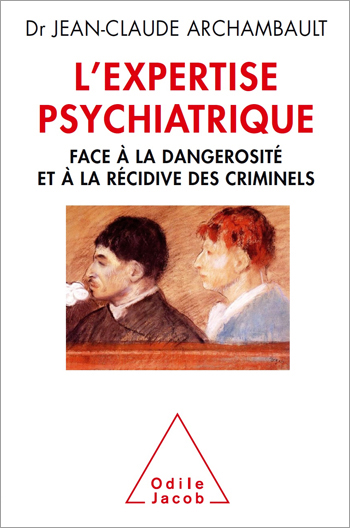
Jean-Claude Archambault
Psychiatric Evaluation
Understanding the place of psychiatric evaluation in the judicial process: role, goals, task summary. How to evaluate and assess what does (or does not) derive from mental disorders.
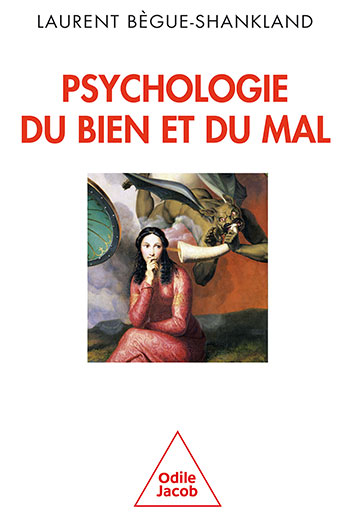
Laurent Bègue-Shankland
The Psychology of Good and Evil
How our idea of morality builds on and informs our personal life and our relationships

